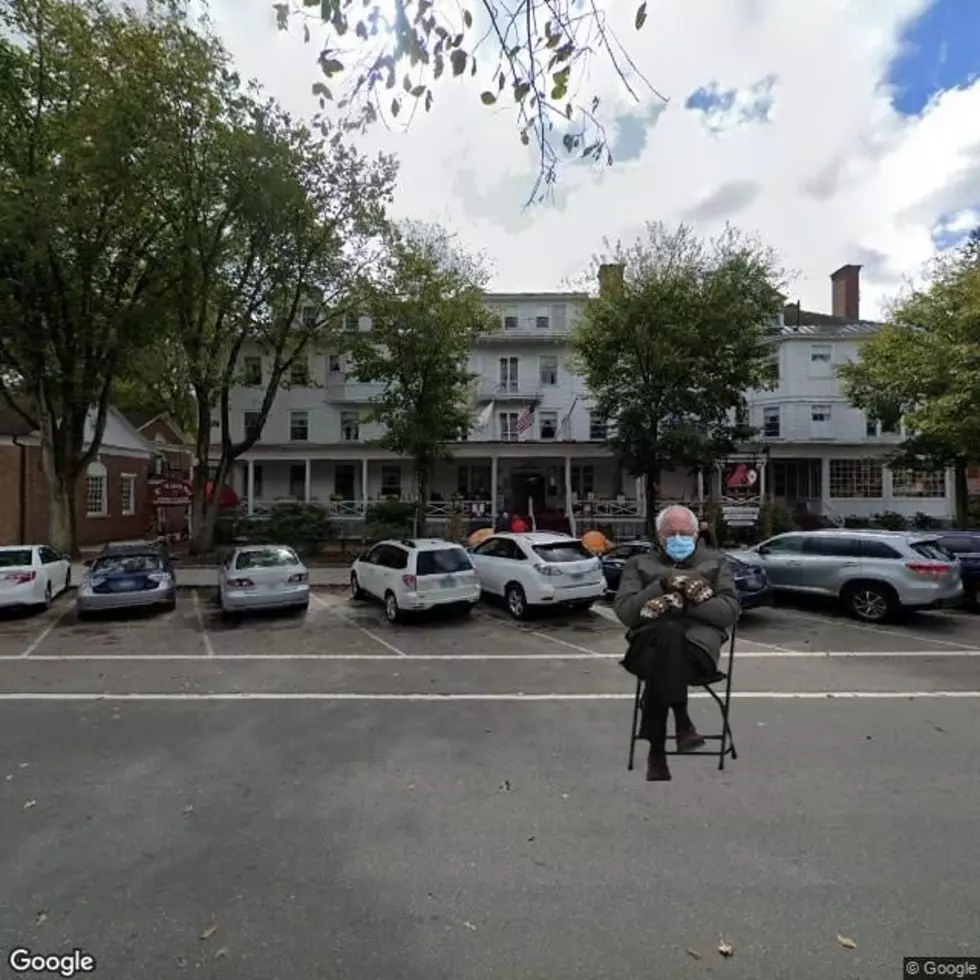
Everything You Need To Know About The Super Wolf Blood Moon
Super Wolf Blood Moon could very well be the title of Hollywood's latest vampire movie, but it's actually a total lunar eclipse, and yes, it really is red.
According to AccuWeather, the moon will turn red over the United States on Sunday night during the last total lunar eclipse of the decade. Not only is it the last of this decade, but it's also the first total lunar eclipse visible in its entirety across the U.S. since Dec. 21, 2010, and your next opportunity to witness the next total lunar eclipse won't be until May 26, 2021.
If you're like me, you might have to brush up on what exactly a total lunar eclipse is. It's a phenomenon that occurs during a full moon when the moon passes directly through the Earth’s shadow, causing it to turn rusty orange or dark red in color. The lunar eclipse will be visible across all of North America and South America and partially visible in Europe and Africa on the night of Jan. 20 into the early hours of Jan. 21.
The first phase of the eclipse, known as the penumbral phase will begin at 9:36 p.m. However, the moon may not become noticeably darker until the partial phase of the eclipse begins at 10:34 p.m. The most anticipated part of the eclipse, totality, or as I like to call it The Money Shot, will begin just before midnight and last for around an hour as the moon passes through Earth’s innermost shadow. This is when the moon will turn rusty orange or red in color. The total eclipse is set to end around 12:43 a.m., after which the moon will gradually regain its normal color.
However, you might have heard that The Berkshires, along with most of the northeast, is expecting to see some inclement winter weather this weekend, which could effect the viewing of this scientific wonder. While snow might not play a factor, frigid temperatures Sunday might. While the eclipse can be seen on a clear night with the naked eye, binoculars or a small telescope will help you see it even better.
There is a potential for a major winter storm to impact the mid-Atlantic and Northeast this weekend that could last into Sunday night. If that happens, viewing the lunar eclipse is a no-go for residents in those regions. How quickly the storm exits the region will determine if skies are able to clear east of the Appalachians by Sunday night
AccuWeather Meteorologist Mike Doll
More From WBEC FM









